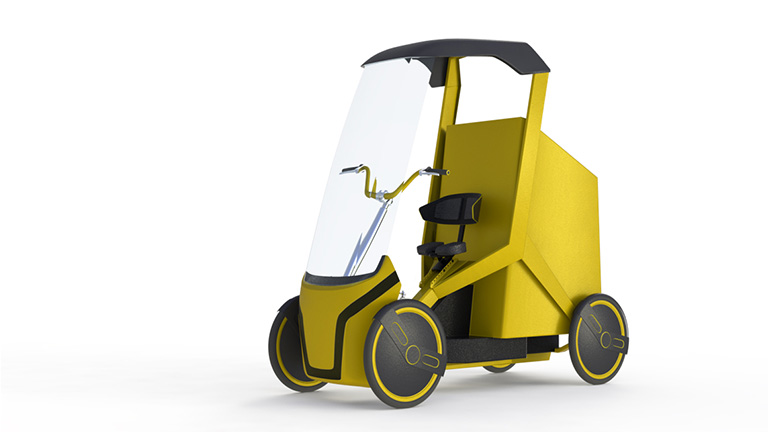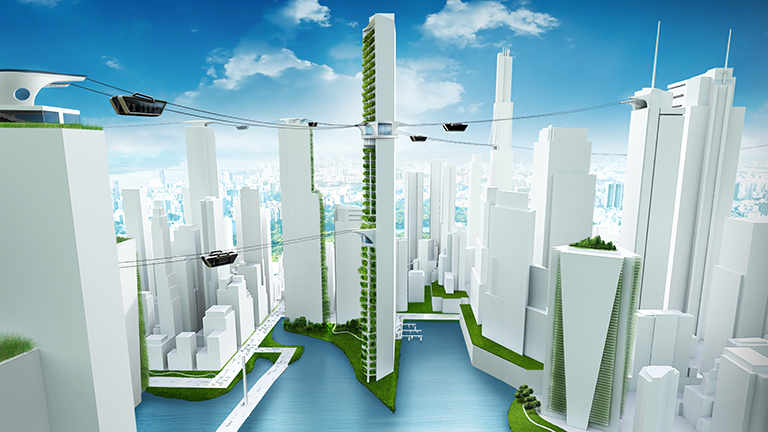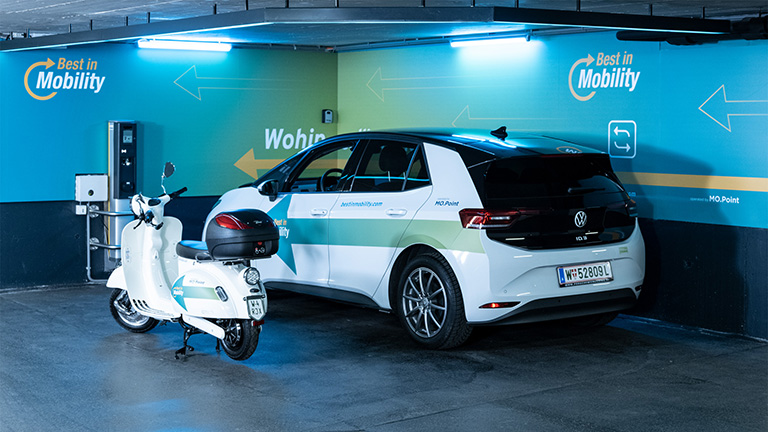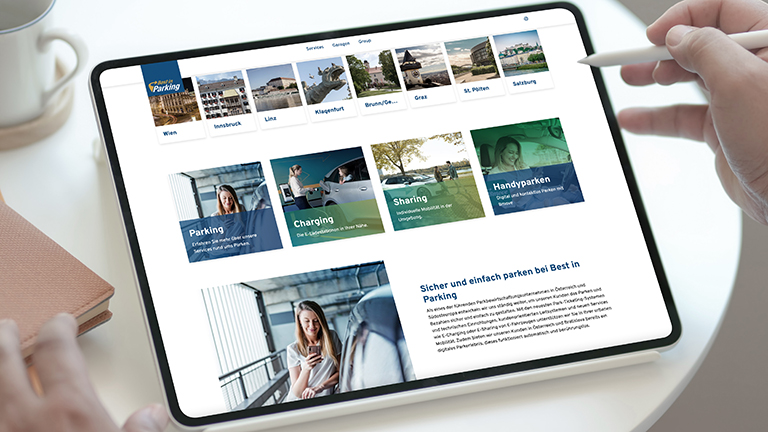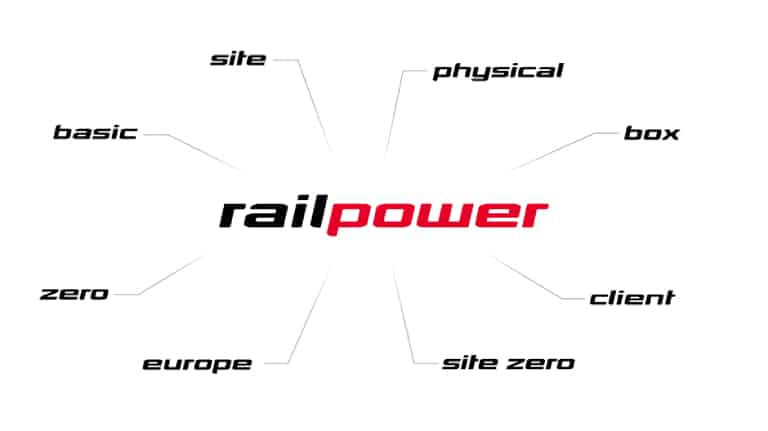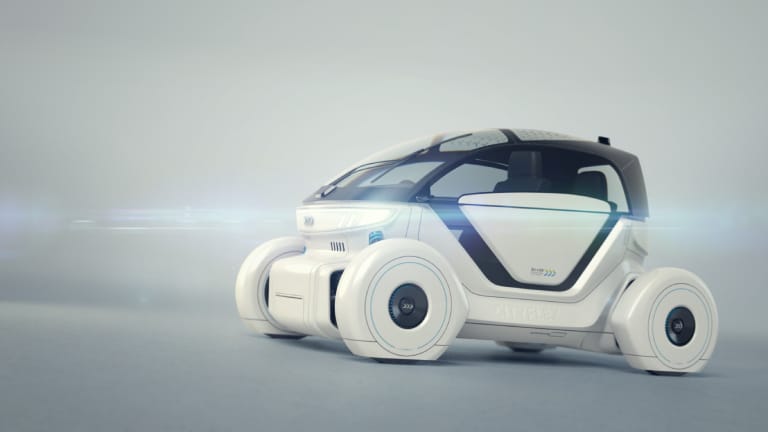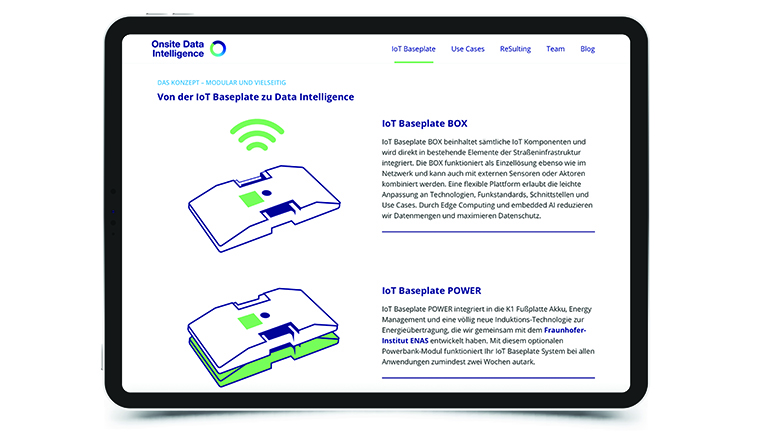Smart
City
In 2050, around 70% of the world’s population will live in cities
While they only populate about 2% of the earth’s surface, they generate an estimated 85% of GDP. In doing so, they are consuming 75% of the energy and are responsible for 80% of greenhouse gas emissions. The sustainable design of the growing metropolises is therefore one of the great challenges of the present. To this end, we are bundling our competencies and our partnerships in the areas of mobility, energy, ICT and are working jointly on sustainable solutions for cities.
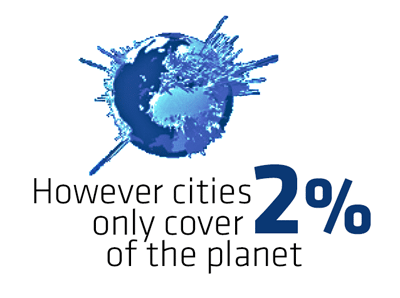
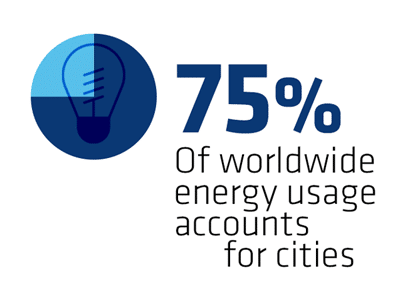
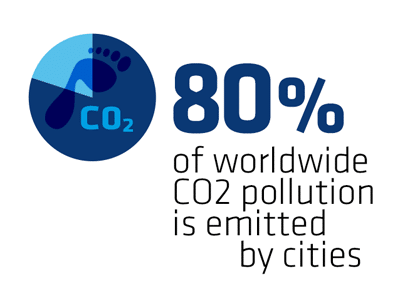
Take up on pressing challenges
One half of global population is living in cites and metropolitan areas yet. Cities are facing strong growth, in Europe (where cities are home to over 70 % of the EU population) but especially in developing countries, as they are considered to offer better business and work opportunities as well as conditions of living.
This leads to pressing challenges in a range of different fields such as:
- Fast growth in population
- Greenhouse gas emissions and climate change effects
- Increasing traffic and pollutions that threaten populations’ health
- Development and refurbishment of urban infrastructure
- Energy, water and waste management issues
- Life quality in terms of security, innovation & education, culture and leisure
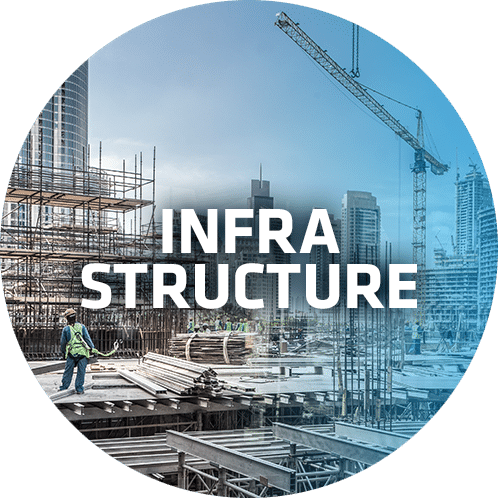
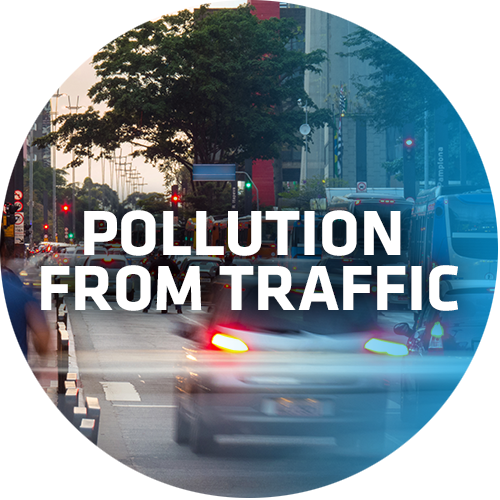


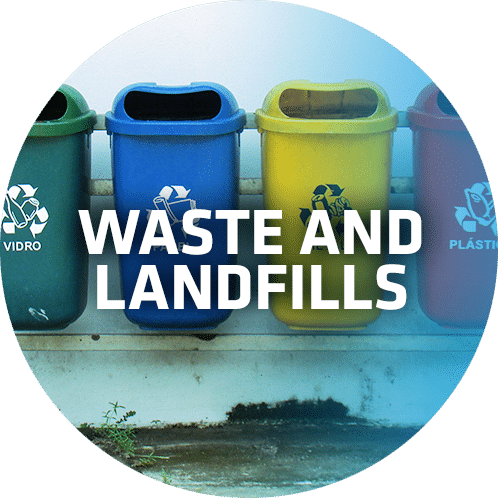

Smart Cities are the changemakers for a more sustainable and livable world
It is paramount that cities address the challenge immediately, otherwise we will likely miss the overall decarbonization targets. Cities and buildings are where the fight against climate change will be won or lost. The decarbonization of cities is a multifaceted challenge and requires a holistic approach to achieve systemic efficiency. Alongside buildings, the electrification of private and public transport plays a pivotal role in not only achieving net zero emission targets, but also improving urban air quality.
The combination of efficient, fully electric and digitalized distribution networks, distributed generation, energy storage and electric mobility is ought to help smooth and control energy demand, yielding a leap forward in terms of overall system efficiency.
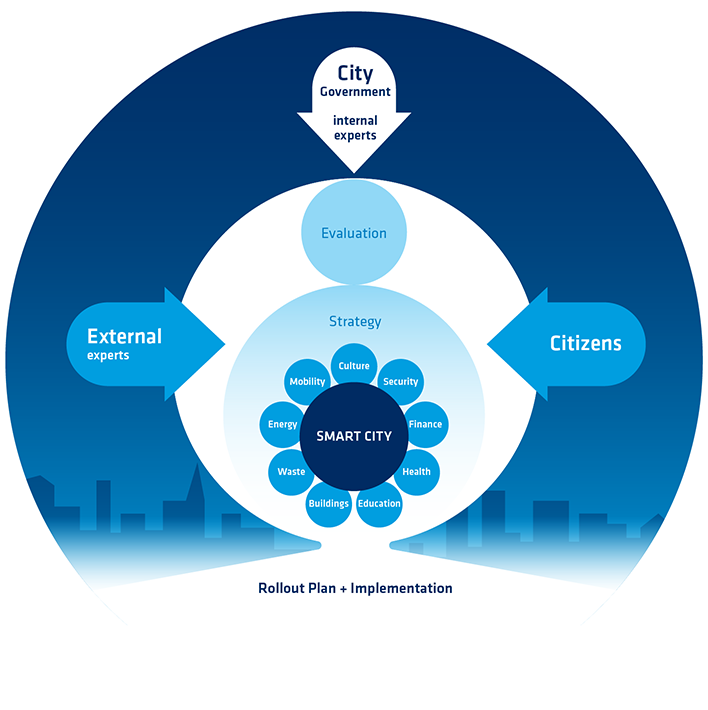
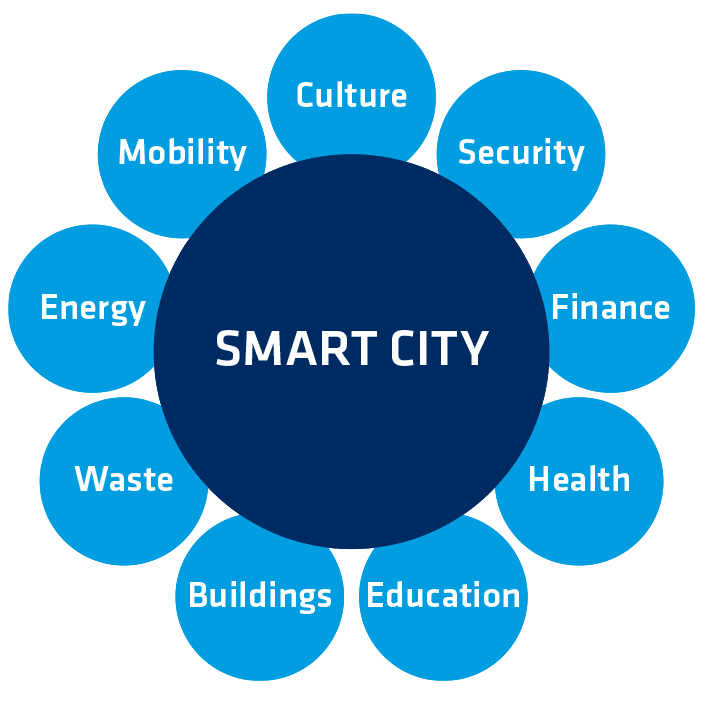
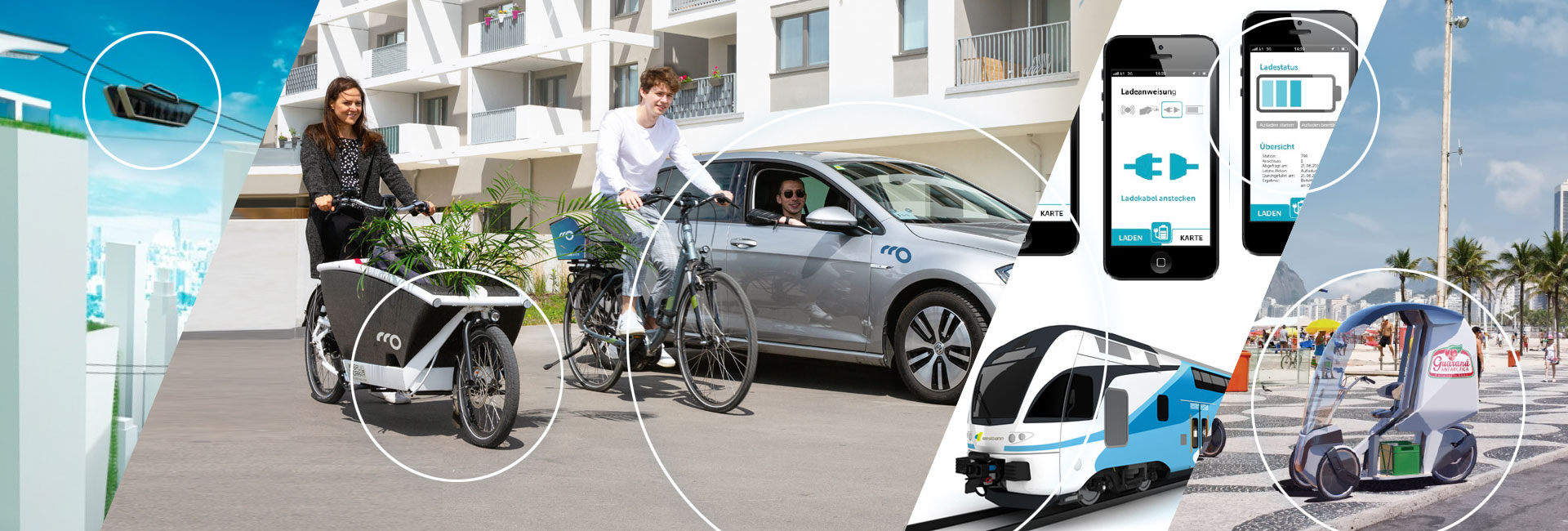
Sustainable Mobility
Spirit Design has built up extensive expertise in the field of sustainable mobility in customer projects. In addition to the development (CAT, Railjet, Cityjet, Westbahn, Ulf) for the Austrian Federal Railway ÖBB together with Siemens and Bombardier, also other mobility customer projects with companies like Audi, Doppelmayer, the Chinese Railway Industry CRRC, and others have been performed.
Spirit Design was also a valued Partner in national and international research projects:
- with AVL: Strategy „Mobility Design Center“
- with AIT the cargo bike carr-e
- for KLIEN (Austrian Climate and Energy fund): „usability design emobility“
The Spirit Design Consulting approach
Spirit Design has been working as a consulting company on the subject of Smart City since 2014. The competencies for sustainable mobility in the field of public transport, alternative fuels and electromobility, MAAS etc. are continuously developed.
We have a large network of experts and extensive know-how for the best mobility solutions.
Our Smart City Partner Network
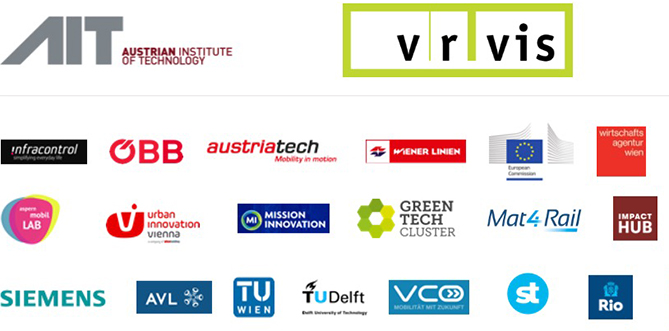
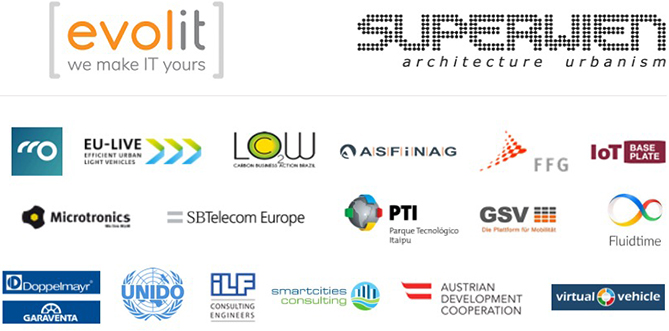
Smart City Vienna
Vienna is internationally well-known for its early starting, foresightful planning of an integrated mobility network. The vision of a green and connected city has led to a big share of pedestrian areas, a wellestablished interconnected network of bicycle lanes and one of the world’s best public transport systems. This has led to a bigger share of “green” mobility compared to individual car transport than in other cities in Europe and worldwide.
Spirit Design has its main office in Vienna and has contributed to this success story with their expertise and lighthouse projects, amongst others the City Airport train. All those efforts resulted in the internationally admired high modal share values with around 40% of public transport. To further improve this position, Spirit Design has participated in the development of the recently published smart city strategy of Vienna (STEP).
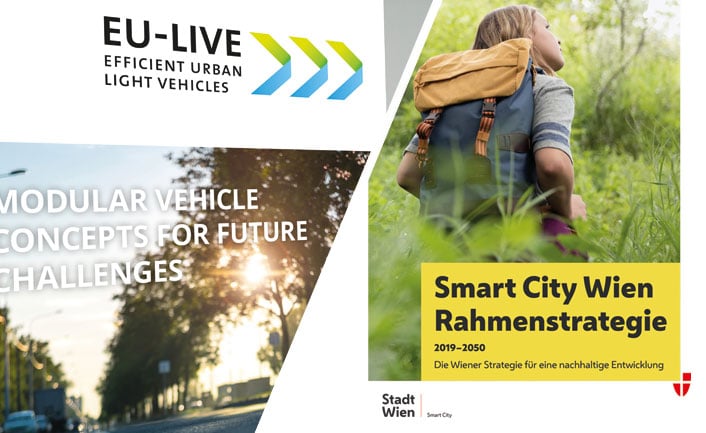
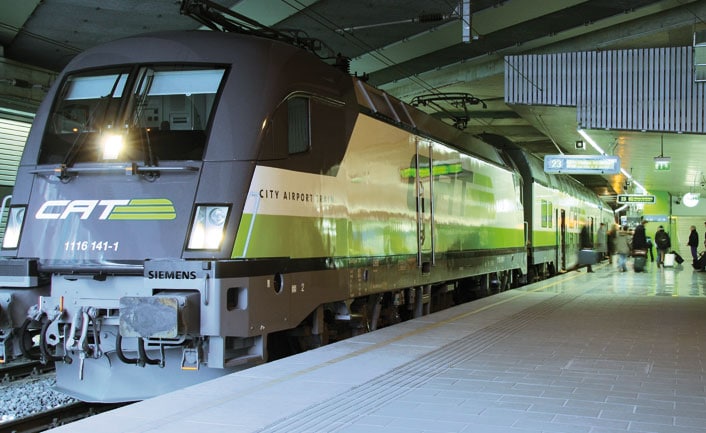
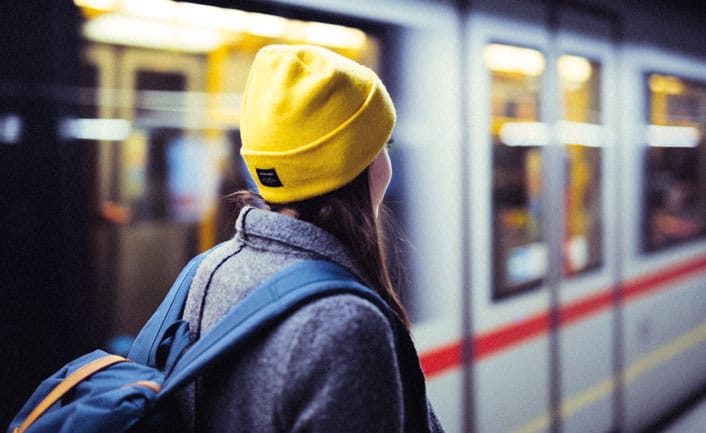
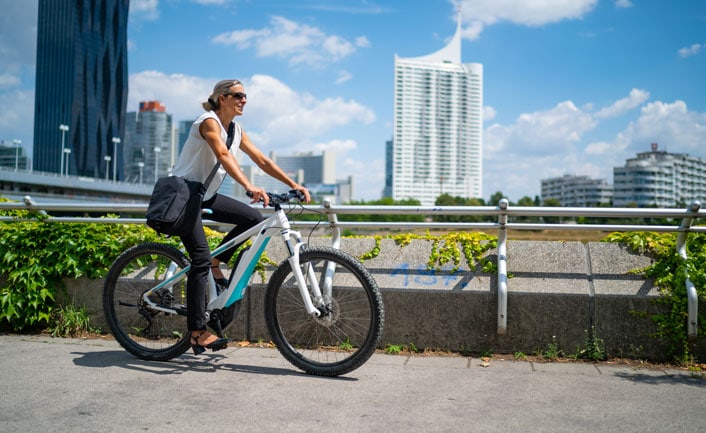
Expertise in Brasil
The initial reason for the foundation of Spirit Design Ltda Brazil was the cooperation with Itaipu. This cooperation was about using Biogas as a fuel for transport: Biomethane.
Besides biomethane Mobility, Spirit Design focused on 2 main topics in the Brazilian market: public transport/trains and Smart Cities. Brazil has a big potential to improve its Cities to be more sustainable and is leading worldwide with 86% of its inhabitants living in cities, compared to Europe with only 60%. For this purpose, an internationalization strategy was carried out for Brazil, the needs of Brazilian cities in sustainable urban transport planning were evaluated and a consulting process was developed.
In 2016 Spirit Design was invited as a speaker to a Smart City conference in Rio during the Olympic games and in the time after the games we started to plan a project about how to improve the transport planning in Rio de Janeiro. With Rio many talks with different authorities took place and Spirit Design could learn more about the complex structure of especially public transport. With the prefeitura and the CET Rio, we had discussed the availability of traffic data, the approaches of different cooperation with IT and telecom companies to improve the data basis, the financial restrictions and the local specialties that are different from the European situation. With those requirements we developed the idea of a smart mobility quick assessment tool to better evaluate traffic measures in specific regions of the city.
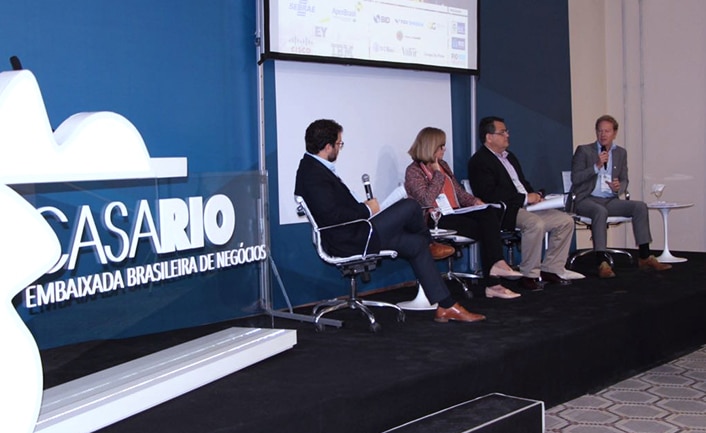
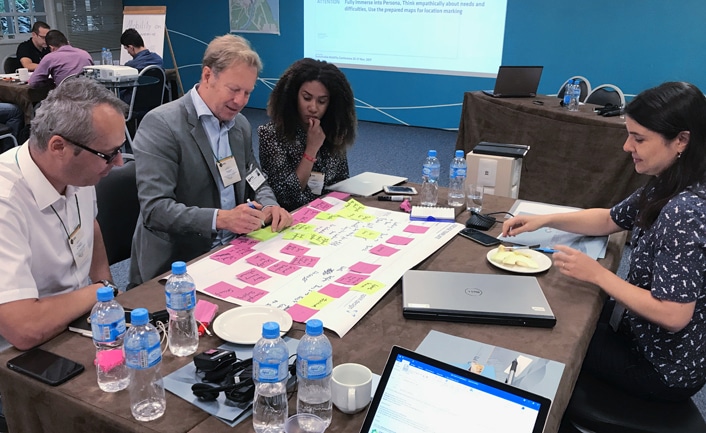
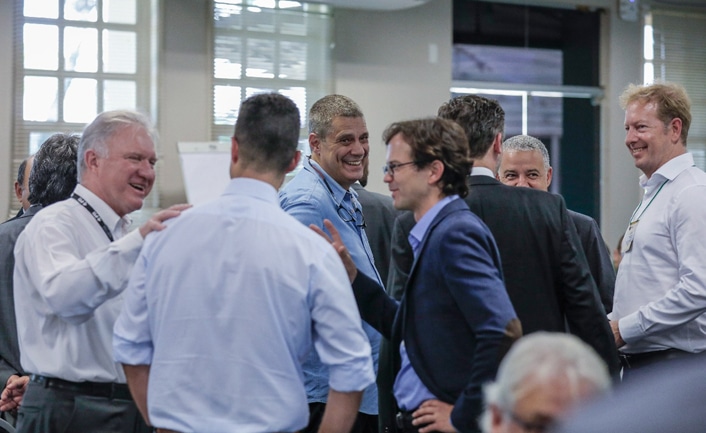
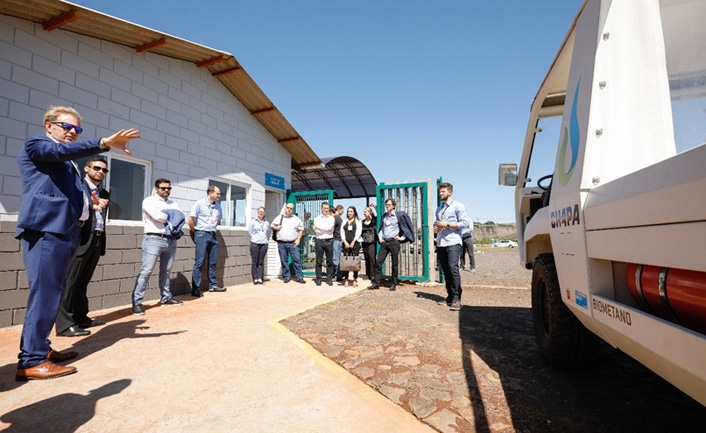
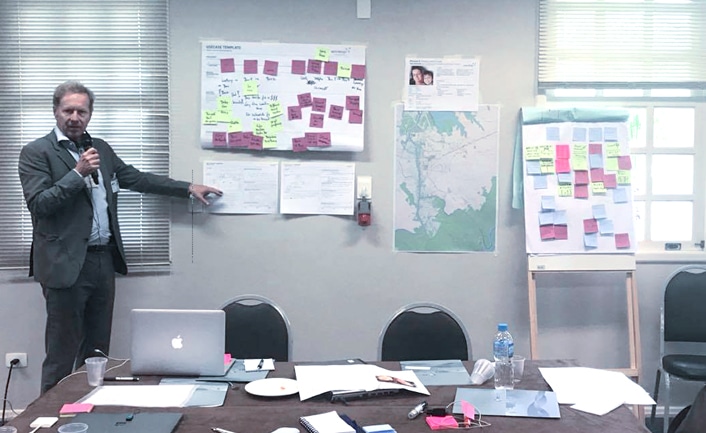
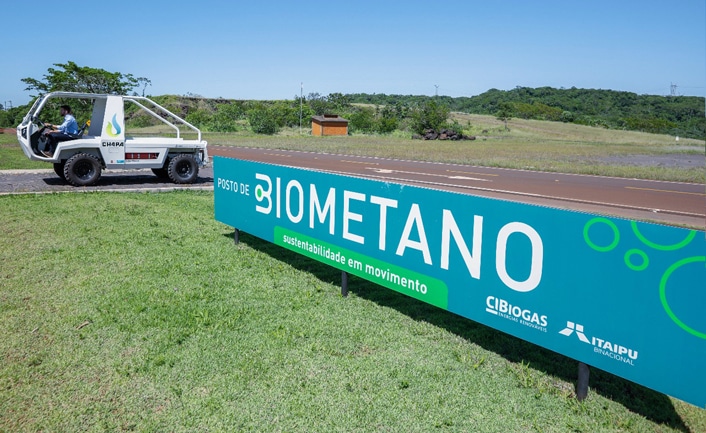
From 2016 onward and with the learning of the Brazilian reality the project for the Smart Mobility Assessment Tool was further developed with the AIT, the VRVis and our network of experts to optimize traffic planning in cities in Brazil to further develop it in the direction of sustainable mobility. Spirit Design has held further discussions with city government representatives and could sign a LOI with the prefeituraro of Rio to test the prototype of the assessment tool, as soon as it is ready developed.
Spirit Design has conducted extensive field research in the city of Rio to evaluate the diverse set of mobility providers. During this pre-feasablitiy phase, Spirit Design could also built up an expert network in Brazil too and had personal meetings ad discussions with different authorities and companies about the future of traffic systems in Brazilian cities. We believe strongly that projects in Brazil will only work with an involvement of local experts, which makes the know how exchange easier and also makes the price structure better, as the import of goods and services to Brazil is very expensive.
